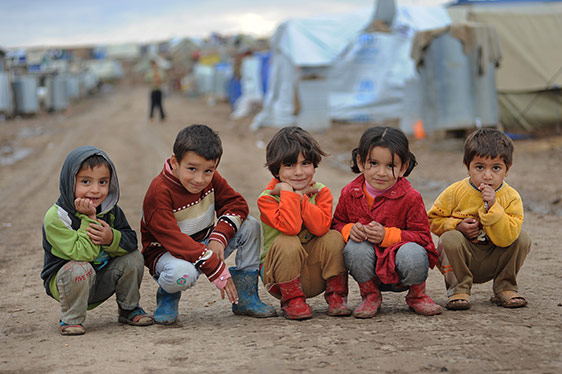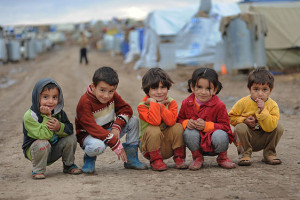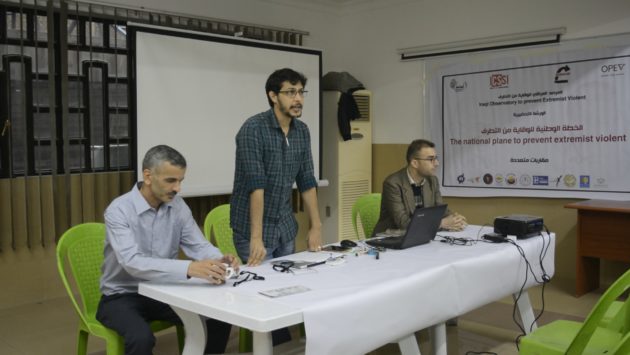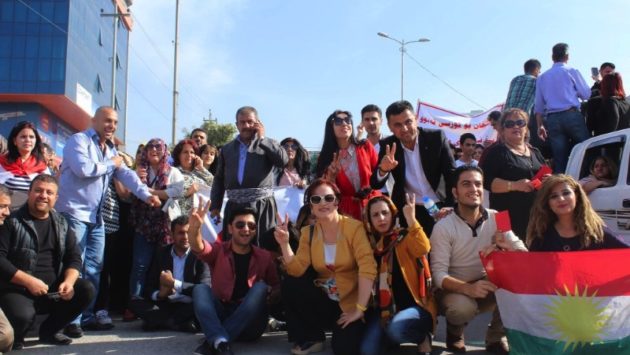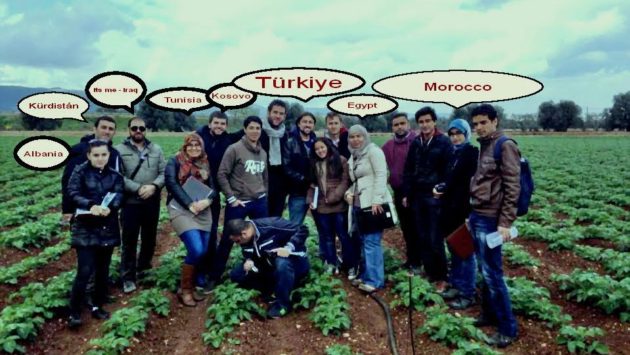The Prospect of Return between Conflict and Peace: Field Research on Conflict and Coexistence of Nineveh Components after Daesh
Dana Sofi – Reform Institute for Development
Erbil – March 2016
With appearance of (Daesh) in Iraq and the region, a number of ethnic and religious problems and conflicts surfaced between the various components of the area and even the historical conflicts resurfaced. After Daesh was forced to retreat from some areas of Nineveh governorate and Zumar, Rabiaa, Wana (Wanke), Sinuni and Shangal (Sinjar), the issue of coexistence and peaceful return of the displaced people became the topic of the day.
The objective of this study is to understand the types and causes of conflicts and the available grounds for peaceful coexistence in those areas. The findings of this study show that reconciliation, coexistence and peaceful return of internally displaced persons (IDPs) is a sensitive and complicated issue because of:
1. the politicization of inter-groups relations;
2. The demographic changes in the area;
3. The groups have developed victim mentality;
4. Appearance of a security dilemma and the groups are mobilized;
5. Lack of services, inefficiency of institutions and widespread unemployment.
Therefore attempts at peace building face huge challenges. This study presents a number of recommendations to address those challenges and preparing the ground for coexistence. The implementation of these recommendations requires various responsibilities. To establish peace, the Iraqi and Kurdistan Regional governments, international agencies and civil society organizations need to work on various reconciliation and mediation programs such as:
1. Resolving the problems between Baghdad and the Region;
2. Compensating people and indicting perpetrators;
3. Activating security institutions and improving services;
4. Establishing an institution to resolve land disputes;
5. Training and awareness activities to bring the groups closer to one another;
6. Increasing the presence of international organizations.
To read the full report click here

